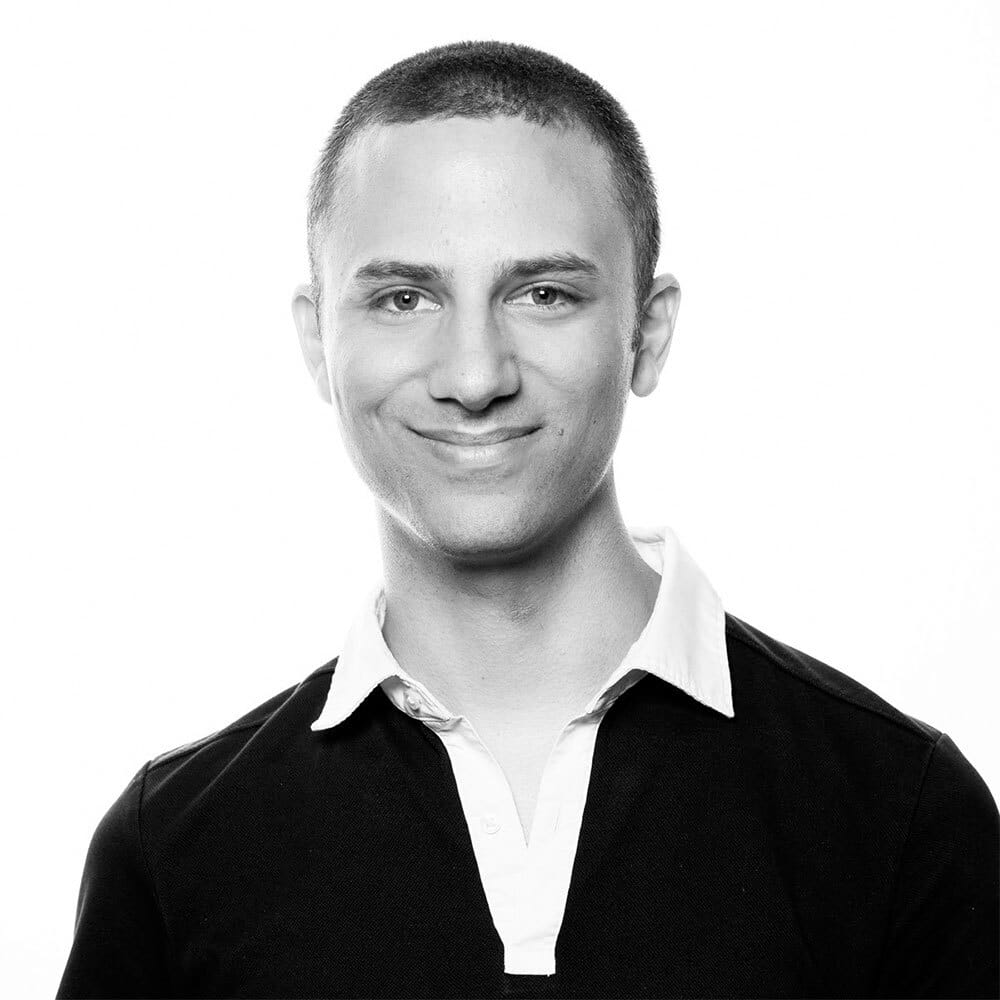Meet ‘Ponyboi’ Star River Gallo: The Intersex It Actor of Sundance
NEXT GENERATION
Gallo wrote and stars in “Ponyboi,” the electric new film in which they star alongside Dylan O’Brien playing a sex worker, custodian, drug dealer, and Bruce Springsteen fan.

Trending Now





